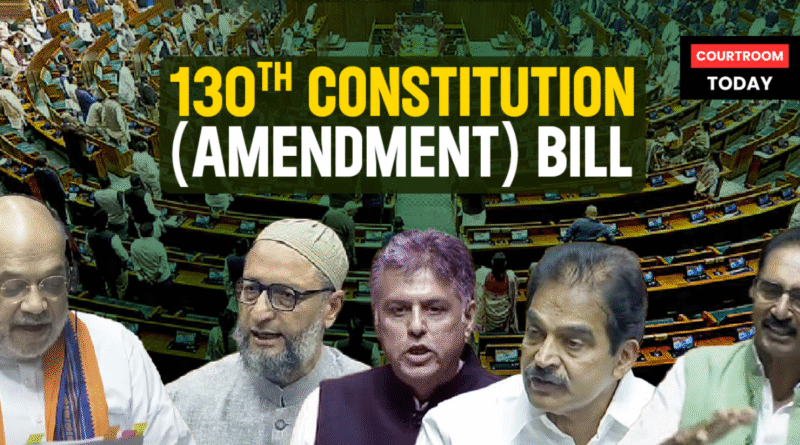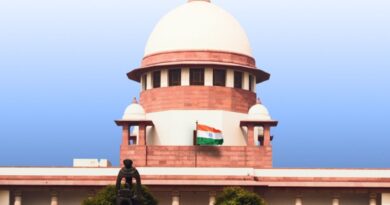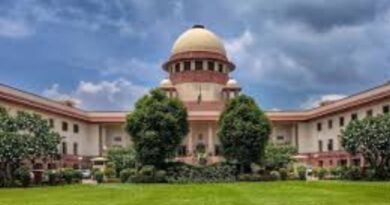130th Constitution Amendment Bill Sent to JPC: Ministers May Lose Office if in Jail for 30 Days in Serious Offences
The Lok Sabha has referred the 130th Constitution (Amendment) Bill, 2025, to a Joint Parliamentary Committee (JPC). The Bill proposes that if a Union or State Minister — including the Prime Minister or a Chief Minister — is arrested and kept in custody for 30 consecutive days in connection with an offence punishable with five years or more of imprisonment, they will lose their ministerial position.
The Bill was introduced by Union Home Minister Amit Shah along with two other Bills that aim to bring similar provisions in Union Territories under the Government of Union Territories Act, 1963, and the Jammu & Kashmir Reorganisation Act, 2019.
What the Bill Proposes
- A Minister arrested and detained for 30 days in a serious offence will be removed from office by the President (for Union Ministers), the Governor (for State Ministers), or the Lieutenant Governor (for UT Ministers).
- If the Prime Minister fails to advise the President to remove such a Minister by the 31st day, the person will automatically cease to hold office.
- The Minister can, however, be reappointed after being released from custody.
- Similar amendments are proposed in Articles 75, 164, and 239AA of the Constitution.
Opposition and Debate
The introduction of the Bill saw strong opposition from leaders including Asaduddin Owaisi (AIMIM), Manish Tewari (INC), NK Premchandran (RSP), KC Venugopal (INC), and Dharmendra Yadav (SP). Despite this, the Bill was passed for introduction through voting and then referred to the JPC, which will include 21 Lok Sabha members and 10 Rajya Sabha members.
Why This Bill?
The government explained that a Minister must be beyond any suspicion and should always act in public interest. Allowing a Minister facing serious criminal charges to continue in office, even while in custody, undermines public trust and weakens constitutional morality.
Recent Context
The Bill comes in light of several recent high-profile arrests of Ministers and Chief Ministers across India:
- Former Delhi CM Arvind Kejriwal (Delhi Liquor Policy case)
- Former Tamil Nadu Minister V Senthil Balaji (Cash-for-Jobs scam)
- Jharkhand CM Hemant Soren (land scam case)
- Former West Bengal Education Minister Partha Chatterjee (recruitment scam)
In most of these cases, the leaders were later granted bail, but controversies arose over whether they should continue in office. The Supreme Court, in fact, criticised the reinstatement of Senthil Balaji after bail, which eventually led to his resignation.
The move to introduce this Bill is therefore seen as a step to ensure higher accountability and transparency in public offices.





